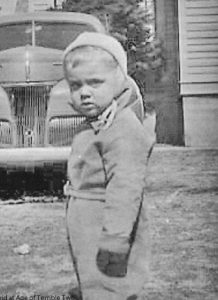
In preparing for a Fall semester research seminar, I am reading a number of books dealing with aging, brain fitness, and maintaining brain health. My preference is to read scholarly works based upon good science. I also tend to trust detailed thought pieces from say, The New York Times (e.g. this one) or this piece from The New Yorker “Mentally Fit: Workouts at the Brain Gym.”
How, though, could I resist the book Keep Your Brain Alive which claimed to have 500,000 copies in print and which promised me opportunities to discover the secrets of “neurobics?”
Katz & Rubin’s (2014) Keep Your Brain Alive: 83 Neurobic Exercises to Help Prevent Memory Loss & Increase Mental Fitness was fun to read. The authors are witty, playful, and creative. Chapter 2 gives an accurate, very elementary explanation of “how the brain works.” The research they cite, however, is “classic” and outdated. Their “Neurobics” concept (“experience novel and unexpected things and enlist the aid of all of your senses”) is common sensical but there is no body of research supporting the efficacy of the exercises. Save your money and get the gist of their ideas by visiting their web page here.

Im a huge fan of Dr. Dan Seigel author of ” MIndsight”.He takes brain fitness a step above by helping us understand how to literally rewire our brains. I use his works daily with my clients. I truly believe we in the field of psychology are in a renissance. The neuroscience is changing what we know about human behavior. Psychotherapy is evolving from rewards and consequences/ cognitive behavior to emotional regulation and understanding how our brains work.
Thanks for your feedback. I am unfamiliar with Siegel, but will take a look. Are you familiar with Sharpbrains.org? —David